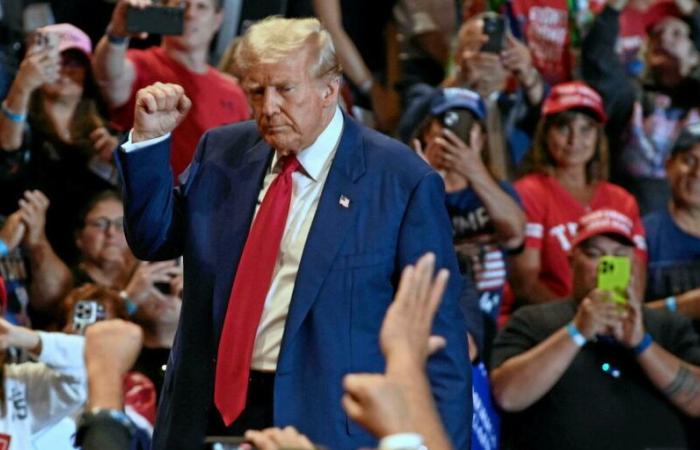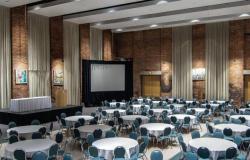LActing Secret Service Director Ronald Rowe announced Friday that he wants to “redefine” how the service protects senior American political figures in order to learn all the lessons from the failed assassination of Donald Trump in July.
Hours earlier, the House of Representatives unanimously approved a bill to assign the same number of Secret Service agents to candidates in the November 5 presidential election, five days after another alleged assassination attempt on Donald Trump at his golf course in Florida (southeast).
At a press conference, Ronald Rowe nevertheless assured that, since the assassination attempt against the former Republican president during a meeting in Butler, Pennsylvania on July 13, the Secret Service had granted him a device comparable to that of the outgoing Democratic president Joe Biden.
“A significant paradigm shift”
“We are at a pivotal moment in the history of the Secret Service and our country,” said Ronald Rowe, who has been acting director since the July 23 resignation of current director Kimberly Cheatle following Butler’s failure. “So I have directed that the Secret Service embark on a significant paradigm shift that will redefine how we conduct protective operations,” he added.
He explained that he wanted “a more agile Secret Service, capable of raising the protection of multiple people to the highest levels for indefinite periods of time,” thanks in particular to the increased use of technology and changes in its organization and communications systems. “But to achieve this, we need additional personnel, technical means and equipment,” stressed Ronald Rowe, calling on Congress to release the necessary funds.
From negligence
The internal investigation into the Butler fiasco, which is nearing completion, has found “failures in the planning and execution of the Secret Service,” he said. “While some of the members of the reconnaissance team were very conscientious, others were negligent,” he said, suggesting disciplinary action to come. Some problems with the firing line were noted but not reported to higher management.
Critics focus on the fact that the shooter, Thomas Matthew Crooks, 20, was able to take up position on the roof of a building within the “outer perimeter” of the operation, under the responsibility of local police, and open fire before being shot dead by the Secret Service.
Among the lessons to be learned from the fiasco, Rowe cited “a lack of clarity” on the part of the Secret Service in its dealings with local police and its expectations of them, as well as serious failures in the reporting of information.






